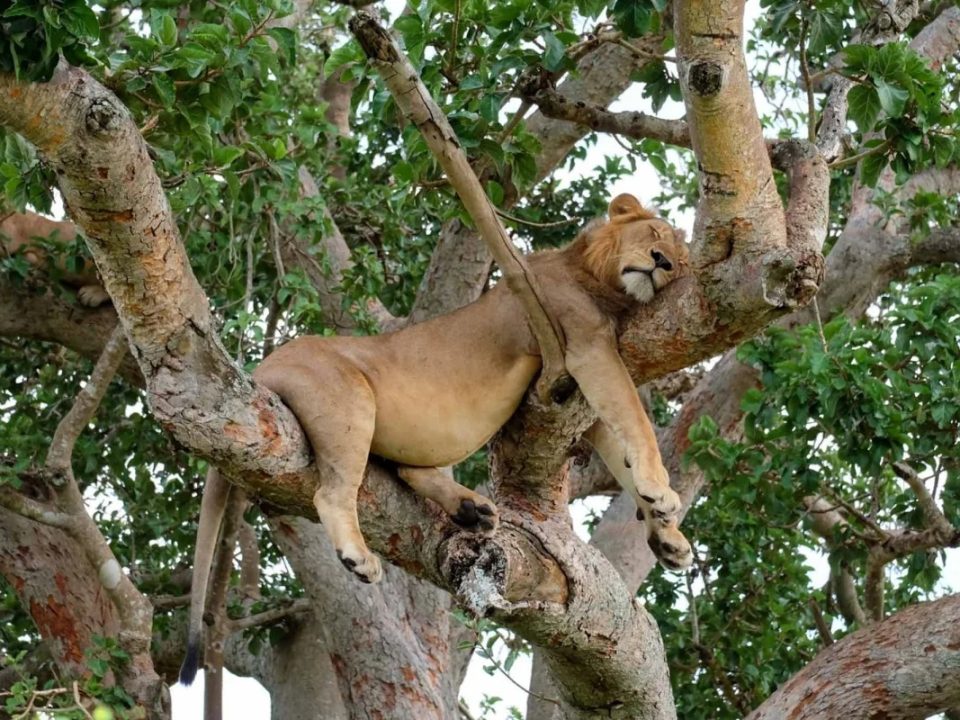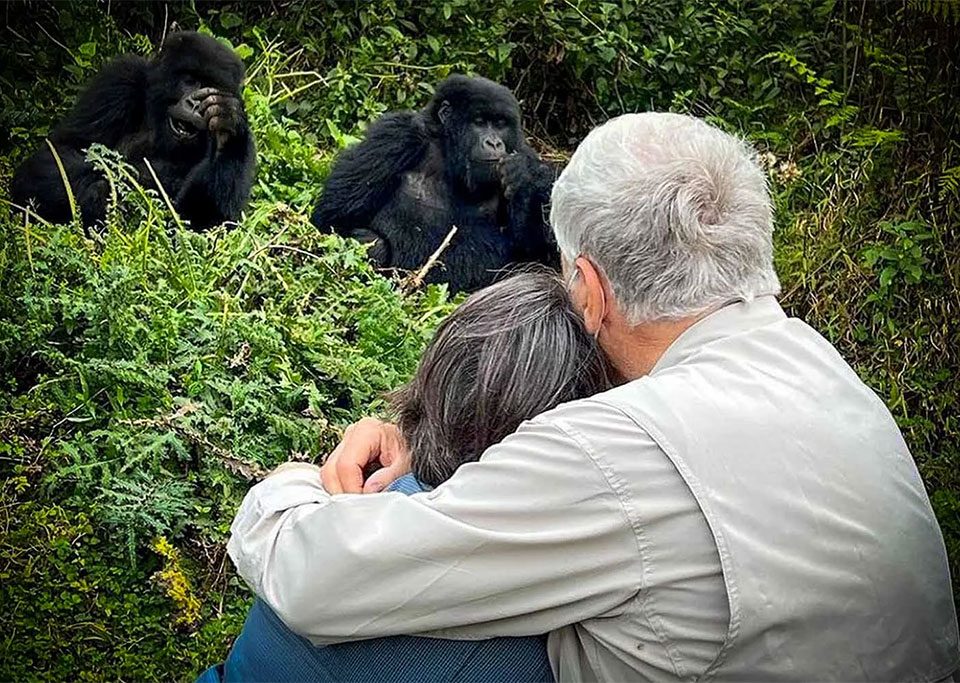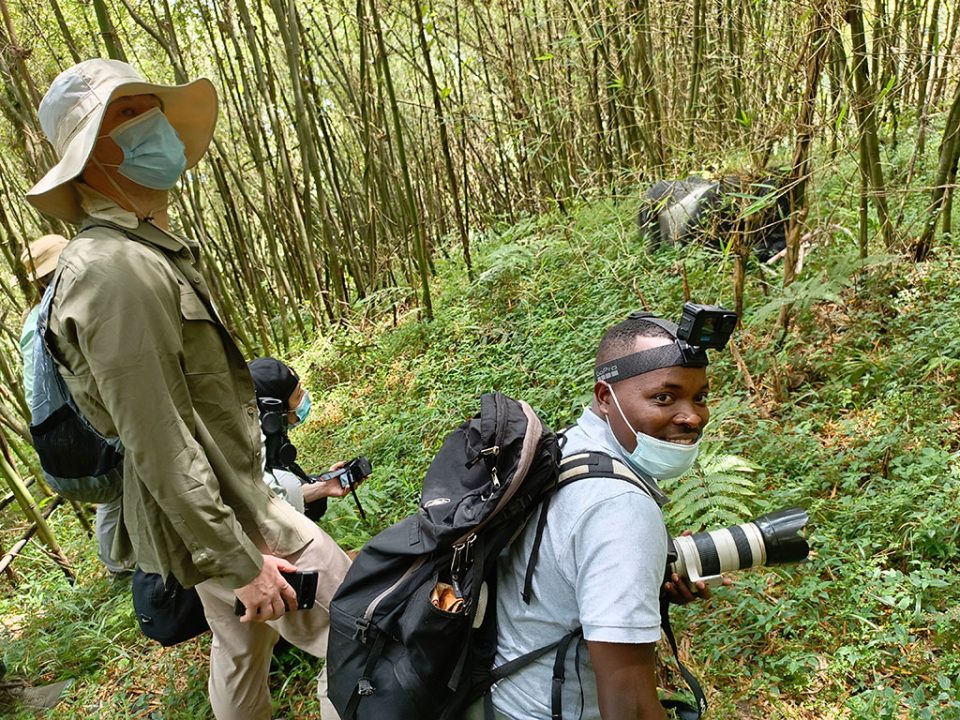- EXPERT'S HELP
- +256789210067
- +256200955001
- info@kenlinktours.com
How much is Self-drive Safari in Namibia?
How much is Self-drive Safari in Namibia? Namibia, with its endless deserts, breathtaking landscapes, and rich wildlife, is one of Africa’s most sought-after destinations for self-drive safaris. From the rust-red dunes of Sossusvlei to the wildlife-rich Etosha National Park and the rugged Skeleton Coast, Namibia offers a unique adventure for travelers seeking freedom, flexibility, and an authentic African experience. One of the most common questions that travelers ask when planning such an adventure is: How much does a self-drive safari in Namibia cost?
In this blog, we break down the cost of a self-drive safari in Namibia, considering car rentals, park fees, fuel, food, accommodation, insurance, and other important factors. By the end, you’ll have a clearer idea of what budget to set aside for your Namibian road trip.
1. Why Choose a Self-Drive Safari in Namibia?
Unlike many African safari destinations where guided tours are the standard, Namibia is one of the few places where a self-drive safari is both possible and enjoyable. With well-maintained roads, low crime rates, and an excellent network of lodges and campsites, Namibia is a safe and rewarding self-drive destination.
Benefits include:
Freedom and flexibility – You choose where to go, when to stop, and how long to stay.
Budget control – Self-driving can be cheaper than guided safaris, depending on your travel style.
Adventure – Driving through Namibia’s vast open landscapes is an experience in itself.
Access to unique places – Some attractions are best explored at your own pace.
Now, let’s dive into the costs involved.
Car Rental Costs
A self-drive safari in Namibia starts with choosing the right vehicle. Rental costs vary depending on the type of car, rental company, and length of your trip.
2×4 Sedan or Small SUV: Suitable for city driving and paved roads, but not recommended for off-road adventures or exploring remote areas like Damaraland. Costs: US$40 – US$70 per day.
4×4 Vehicle (Toyota Hilux, Land Cruiser, Ford Ranger, etc.): Essential for gravel roads, desert tracks, and safaris in parks like Etosha. Costs: US$90 – US$150 per day.
Fully Equipped 4×4 with Rooftop Tent & Camping Gear: Ideal for adventurous travelers who want to camp. Comes with bedding, cooking equipment, fridge, and more. Costs: US$120 – US$200 per day.
Additional costs:
GPS or Navigation System: Around US$5 – US$10 per day.
Extra Driver: US$5 – US$8 per day.
Cross-border fees (if visiting Botswana, South Africa, or Zambia): US$50 – US$70.
Most travelers opt for a 4×4 with camping gear as it offers flexibility and access to remote destinations.
Fuel Costs
Namibia is a vast country with long driving distances between attractions. Fuel is one of the biggest expenses on a self-drive safari.
Price of Fuel: Approximately US$1.20 – US$1.50 per liter (subject to global changes).
Typical Consumption: A 4×4 vehicle consumes around 10–12 liters per 100 km.
Estimated Total Fuel Cost: For a 2–3 week safari covering 2,500–3,000 km, expect to spend US$350 – US$500.
It’s advisable to always refuel when you can, as petrol stations can be scarce in remote areas.
National Park & Conservation Fees
Namibia has some of Africa’s most beautiful national parks, each with its own entry fees.
Etosha National Park: Around US$8 per person per day + US$3 per vehicle per day.
Namib-Naukluft National Park (Sossusvlei & Deadvlei): US$7 per person per day + US$3 per vehicle per day.
Skeleton Coast National Park: Free entry for day visitors, permits required for overnight stays.
Damaraland Conservancies: Some areas request a small conservation fee of US$5 – US$10.
On average, budget around US$50 – US$100 per person for park entry fees during a two-week trip.
Accommodation Costs
Namibia offers a wide range of accommodation options to suit every budget.
Camping (Public Campsites): US$10 – US$20 per person per night.
Private Campsites with Facilities: US$15 – US$30 per person per night.
Budget Guesthouses & Lodges: US$30 – US$60 per room per night.
Mid-Range Lodges: US$80 – US$150 per night for two people.
Luxury Lodges (Inside National Parks or Remote Areas): US$300 – US$800 per night.
For a budget-friendly self-drive safari, many travelers combine camping with occasional stays at lodges.
Food & Drink Costs
Food in Namibia is relatively affordable, especially if you cook your own meals while camping.
Self-Catering (Groceries from Supermarkets): Around US$5 – US$10 per person per day.
Restaurant Meals: US$10 – US$20 per meal at local restaurants.
Lodge Dining: US$25 – US$40 per person for dinner.
A mix of self-catering and eating out can keep costs reasonable.
Travel Insurance
Travel insurance is essential for a self-drive safari, especially as you’ll be exploring remote areas.
Basic Travel Insurance: US$40 – US$60 per person for two weeks.
Comprehensive Insurance (including medical evacuation & vehicle coverage): US$80 – US$150 per person.
Vehicle Insurance
Car rental companies typically include basic insurance, but you may want to upgrade.
Standard Insurance: Included, but usually with a high excess (up to US$2,000).
Super Cover Insurance: Reduces or removes excess liability. Costs US$10 – US$25 per day.
It’s strongly recommended to take Super Cover for peace of mind.
Guided Tours & Activities (Optional)
Even if you’re on a self-drive safari, you may want to join guided activities in certain areas:
Game Drives in Etosha: US$30 – US$60 per person.
Hot Air Balloon over Sossusvlei: US$400 – US$500 per person.
Cultural Tours (Himba or San Villages): US$20 – US$40 per person.
Boat Cruise in Walvis Bay (Dolphins & Seals): US$40 – US$70 per person.
These optional experiences can enrich your safari but will add to your overall budget.
Estimated Total Cost of a Self-Drive Safari in Namibia
The total cost depends on your travel style, but here’s a breakdown for different budgets for a 2-week self-drive safari in Namibia (per person, based on 2 travelers sharing):
Budget Traveler (Camping & Cooking):
Car Rental: US$1,600 (4×4 with camping gear for 14 days)
Fuel: US$400
Park Fees: US$70
Camping: US$280
Food: US$150
Insurance: US$120
Total: ~US$2,620 (US$1,310 per person)
Mid-Range Traveler (Mix of Lodges & Camping):
Car Rental: US$1,600
Fuel: US$450
Park Fees: US$90
Accommodation: US$1,200
Food & Drink: US$350
Insurance: US$150
Total: ~US$3,840 (US$1,920 per person)
Luxury Traveler (Lodges & Guided Excursions):
Car Rental: US$1,800
Fuel: US$500
Park Fees: US$100
Luxury Lodges: US$5,000
Food & Drinks: US$1,000
Insurance: US$200
Activities: US$1,000
Total: ~US$9,600 (US$4,800 per person)
Tips for Saving Money on a Self-Drive Safari in Namibia
Book in advance – Car rentals and lodges can sell out quickly, especially in peak season (July – October).
Travel off-season – Prices are lower from January to June and November to December.
Camp when possible – Camping dramatically reduces accommodation costs.
Share costs – Traveling as a group of 3–4 reduces per-person expenses.
Cook your meals – Stock up at supermarkets in Windhoek or Swakopmund.
Avoid unnecessary upgrades – Only take extra rental gear you truly need.
Best Time for a Self-Drive Safari in Namibia
The cost of your safari can also vary depending on the season.
High Season (July – October): Best wildlife viewing in Etosha, but prices are highest.
Shoulder Season (April – June & November): Lower prices, fewer crowds, good weather.
Low Season (January – March): Rainy season in some areas, fewer tourists, cheapest prices.
Conclusion
A self-drive safari in Namibia is one of the most rewarding travel experiences in Africa. While costs vary depending on your travel style, a two-week adventure typically ranges between US$1,300 (budget camping) to US$4,800 (luxury lodges) per person. With careful planning, smart choices, and flexibility, you can design a memorable Namibian road trip that fits your budget.
Whether you’re camping under the stars in the desert, spotting lions in Etosha, or climbing the dunes of Sossusvlei at sunrise, Namibia offers unforgettable moments that make every dollar spent worthwhile.

Request for a Quote
Start planning your adventure trip today with a professional expert available to help you 24/7. Encounter Africa on your own terms.
Request a Quote
Visa Entry
Uganda offers online visa applications, but many travelers find it easier to pay (US$100) and obtain a visa upon arrival at points like Entebbe International Airport. For travel into Rwanda and Kenya, it's recommended to apply for an East African Visa.
Read More About VisasBest of Namibia Safari Adventures
Namibia offers a unique safari experience with its diverse landscapes, from the vast desert dunes of Sossusvlei to the wildlife-rich Etosha National Park. Known for its dramatic scenery and abundant wildlife, including elephants, lions, and rhinos, Namibia also showcases rich cultural heritage through indigenous communities like the Himba people. Its remote, untouched environments provide an unforgettable adventure for nature lovers, photographers, and thrill-seekers seeking a true African wilderness experience. Contact us now



Namibia Extended Safaris




Uganda Private Tours & Safari












